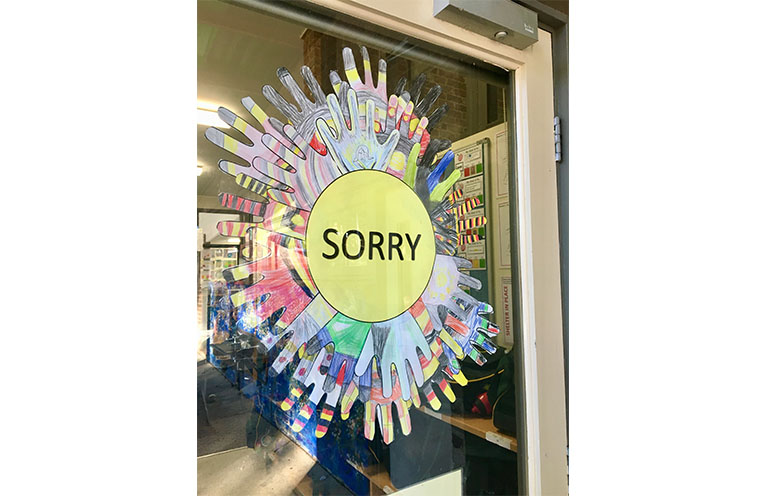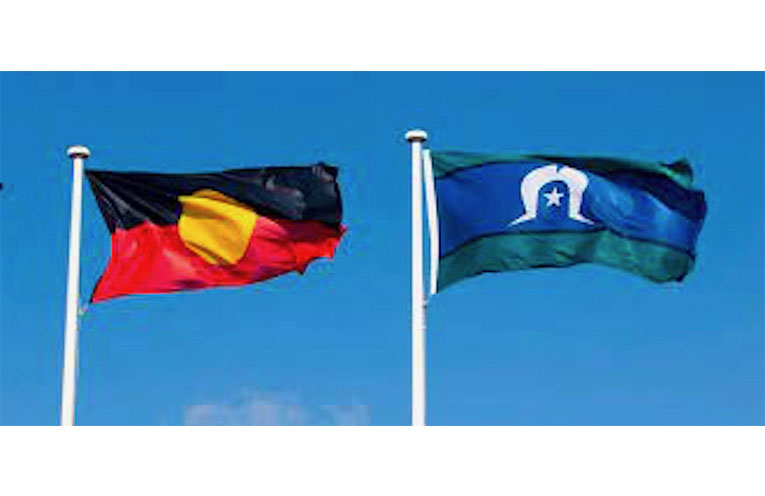
ON February 13, 2008, the Australian Prime Minister Keven Rudd moved a National Apology to Australia’s Indigenous Peoples in the House of Representatives, Parliament House, Canberra.
This was the first order of business of the new Parliament and it passed with bipartisan support.
“We reflect on their past mistreatment.
“We reflect in particular on the mistreatment of those who were Stolen Generations – this blemished chapter in our nation’s history.
“The time has now come for the nation to turn a new page in Australia’s history by righting the wrongs of the past and so moving forward with confidence to the future.
“We apologise for the laws and policies of successive Parliaments and governments that have inflicted profound grief, suffering and loss on these fellow Australians.
“We apologise especially for the removal of Aboriginal and Torres Strait Islander children from their families, their communities and their country.
“For the pain, suffering and hurt of these Stolen Generations, their descendants and for their families left behind, we say sorry,” said Prime Minister Keven Rudd on that day fourteen years ago.
The Anniversary of the National Apology is now celebrated annually on 13 February.
The Healing Foundation CEO Fiona Peterson said, “Assimilation policies that led to the Stolen Generations continued right up until the 1970s and many of those affected by the “trauma are still alive today.
“Stolen children lost connection to family, land, culture and language and were taken to homes and institutions where they were often abused, neglected and unloved.
“The mothers, fathers , families and communities who were left behind also suffered from the loss.”
The Australian Institute of Health and Welfare (AIHW) conducted a report which estimates that more than 27,000 Aboriginal and Torres Strait Islander people aged 50 years and over in 2018-2019 were survivors of the Stolen Generations.
“In 2018-19, there were an estimated 33,600 Stolen Generations survivors,” said AIHW spokesperson Dr Fadwa Al-Yaman in June 2021.
Stolen Generations survivors, according to the report, are more likely to face socio-economic challenges, discrimination, face actual or threatened harm, have a severe or profound disability, suffer from poor mental health, and less likely to own their own home.
For the same period approximately 142,000 Indigenous people aged eighteen and over were descendants of members of the Stolen Generations (including 13,2000 people who were themselves Stolen Generation survivors).
According to Dr Fadwa Al-Yaman, in 2022, all living Stolen Generation Survivors will be 50 years and over.
“Understanding the experiences of Stolen Generations survivors aged 50 and over is important to ensure they can access appropriate health, disability, welfare and other services as they age.”
National Sorry Day was first observed in 1998 a year after the first ‘Bringing Them Home’ report was brought before the Australian Parliament.
Sorry Day, held annually on May 26, acknowledges and raises awareness of the history and effect of the forced removal of Aboriginal and Torres Strait Islander people from the culture, communities and families.
To read the National Apology to the Indigenous Peoples in full go to:
By Rachel MCGREGOR-ALLEN
